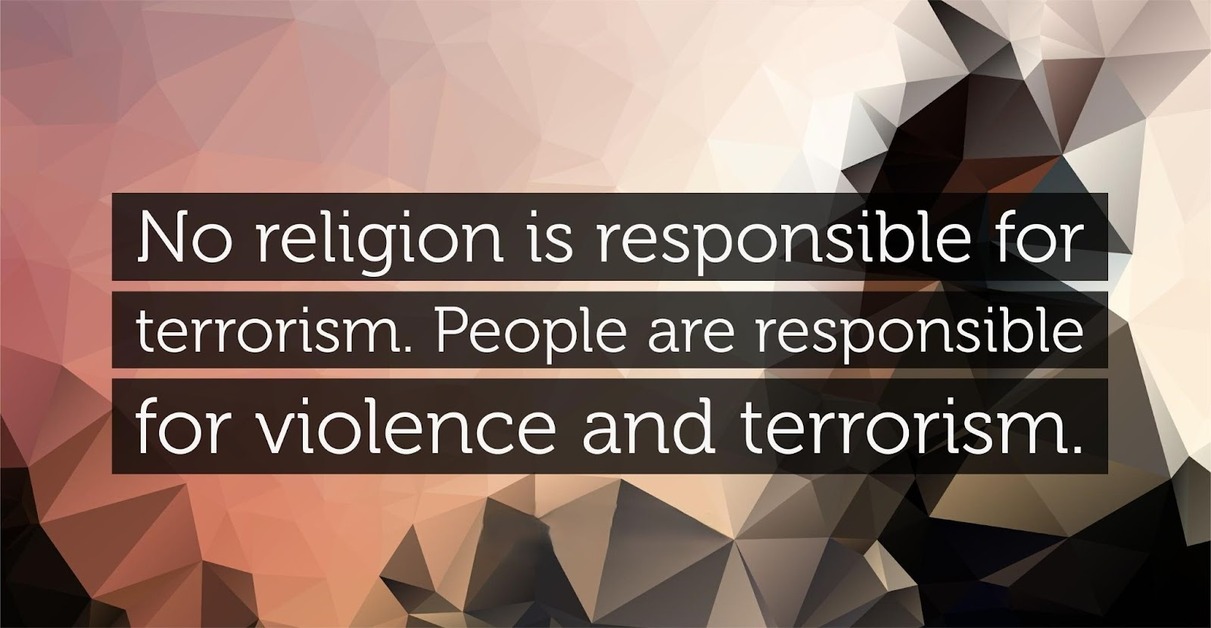Have you ever had to deal with a difficult reality?
Life has a way of unfolding in the most unexpected ways. A sudden loss. A change in plans. An irreversible situation. When things don’t go the way we hoped, the mind often asks: Why me? Why this? How do I move forward from here?
The real question, however, is this:
How do you deal with reality—and make peace with it?
Whether you’re facing personal loss, a challenging situation, or simply feeling stuck, here are five powerful shifts to help you stop resisting, start accepting, and build emotional peace even in the hardest moments.
What If Acceptance Is the Real Strength?
When we experience pain, our first instinct is usually to resist it. We want to undo the situation, change the outcome, or escape the discomfort. But resistance doesn’t make reality go away—it just adds more suffering.
The first step to dealing with life challenges is to understand that accepting reality is not weakness. It’s courage. It means acknowledging the truth of your situation without denial, exaggeration, or self-blame.
If you’ve ever asked, “Can you help me deal with a difficult reality?”, know that you’re not alone. This act of acceptance is deeply freeing. It helps you stop wasting energy fighting what’s already happened and instead focus on what you can control—your mindset, your habits, your next step.
Letting go of control doesn’t mean giving up. It means creating space to heal and rebuild.
If you’re wondering, “How do I accept things I can’t change?”, this is where it begins.
The Hidden Relief in Surrendering to What Is
There’s a quiet kind of peace that arrives when you stop resisting what’s already here. That peace often shows up when you allow yourself to simply say: “This is hard. But this is what it is.”
That’s when letting go of resistance to reality begins.
You may not be able to change the situation, but you can change how you relate to it. You can breathe. You can choose to feel it rather than fight it. You can begin living with unchangeable circumstances—not with fear, but with strength.
If you’ve been thinking, “Tell me how to stop resisting reality,” this is your invitation to pause, accept, and reset.
Through mindfulness and acceptance, you bring yourself into the present moment, where clarity begins to emerge. Even when things feel overwhelming, a small pause, a breath, or a kind word to yourself can anchor you in the now.
Steps to Make Peace with Life
So many of us are burdened not just by what’s happening now—but by what already happened. Making peace with your past is a crucial part of accepting the present.
Here are some ways to begin that process:
- Understand that the past doesn’t disappear, but your relationship with it can change.
- Ask yourself: “What’s the best way to come to terms with things?”
- Know that you don’t have to love every chapter—but you can stop hating yourself for them.
- Practice self-compassion by saying, “I was doing my best with what I knew back then.”
- Forgive your former self—not because what happened was okay, but because you deserve peace.
- Making peace with life also means letting go of perfection. You are allowed to move on even if you haven’t gotten all the answers.. You are allowed to move on even if you haven’t gotten all the answers.
Ways to Face Challenges Without Breaking
If you’re asking, “How do I accept this?”, you’re not alone. That question usually arises in moments of pain or uncertainty. The truth is, you don’t have to have it all figured out. But you can build the inner tools to stay grounded.
How to let go and accept life as it is?
- Develop patience and tolerance for life’s imperfections
- Build emotional resilience through rest, boundaries, and support
- Focus on small wins and daily routines that ground you
- Talk gently to yourself instead of harshly
- Be open to help—support builds emotional strength, not weakness
This is the path of resilience building: you fall, you feel, and you rise a little stronger each time.
You don’t need to “fix” everything to start healing. Sometimes, healing starts when you realize you can live meaningfully, even with uncertainty.
When Life Won’t Change—What Can You Change Instead?
We can’t always change the situation, but we can shift our relationship to it. Instead of asking, Why won’t life change?, try asking:
What’s one thing I can change about how I handle it?
Maybe it’s:
- Your expectations
- Your inner narrative
- How you care for your mind and body
- Who you allow in your life
- Or simply, your response to difficulty
This shift is where how to stay grounded in reality begins.
Acceptance of reality doesn’t mean liking it—it means facing it head-on, with honesty, compassion, and courage.
And that’s where peace lives.
Tips for Emotional Acceptance
How to stop resisting reality? How to fight difficult situations?
Firstly, building emotional strength is the key. Learning how to accept reality is not a one-time breakthrough. It’s a quiet, daily practice. Some days it’s easy. Other days, it’s moment by moment.
You’ll feel pain. You’ll feel peace. You’ll take two steps forward and one step back. That’s okay. That’s being human.
What matters is showing up, again and again, with a willingness to feel, to face, and to find your way forward.
What techniques help with understanding my situation?
Understand that:
- Peace doesn’t require perfect circumstances
- You are allowed to feel what you feel
- And even with everything that’s happened—you can still find calm, joy, and strength
The best advice for coping with reality is to self realize. When self realization and actual meaning to life is understood, there is nothing that can hinder your peace and solace.
Finding Peace When Life Doesn’t Go Your Way
How can I find peace when life is hard? Acceptance and surrender are seen not as weakness, but as signs of inner strength. Faith encourages us to trust in a greater plan, even when life feels uncertain or painful. It teaches that not all struggles are punishments—some are hidden blessings in disguise, designed to shape us in ways we can’t yet see.
In Islam, this understanding is deeply rooted in faith, trust in divine wisdom, and contentment. It is reminded that every trial carries a purpose, even if that purpose is hidden.
| “And it may be that you dislike a thing which is good for you.” (Qur’an 2: 216) |
Through prayer, reflection, and remembrance, Islam offers guidance to calm the heart and realign it with trust in Allah’s plan. Instead of resisting life’s challenges, it is encouraged to realize with patience and hope. This acceptance is not passive—it is powerful. It transforms the question “Why me?” into “There is wisdom in this.”
Conclusion
We often think that the psychology of accepting reality is subjective, depending on one’s own circumstances. However, it is important to understand that life will continue to surprise us—sometimes with joy, sometimes with hardship. But the ability to meet life as it is, embracing impermanence without resistance, is what creates lasting peace. Dealing with reality doesn’t mean you have to like everything that happens. It simply means you stop fighting the moment and start showing up for it with presence, strength, and softness.
Acceptance isn’t about giving up; it’s about choosing to make peace with life rather than stay trapped in what-ifs and why-me’s.
Whether through faith, mindfulness, or emotional resilience, your path to peace begins with one powerful choice: to face reality, feel what needs to be felt, and take one grounded step forward. Not perfectly—but honestly.
Because sometimes, making peace with your past, your present while developing patience and tolerance, and your pain is the most life-affirming thing you’ll ever do.








